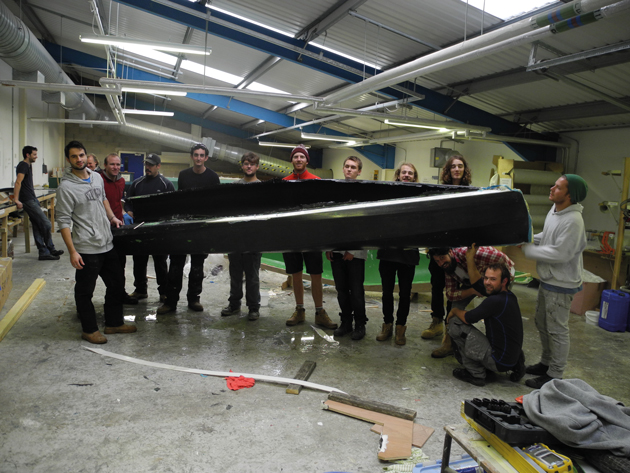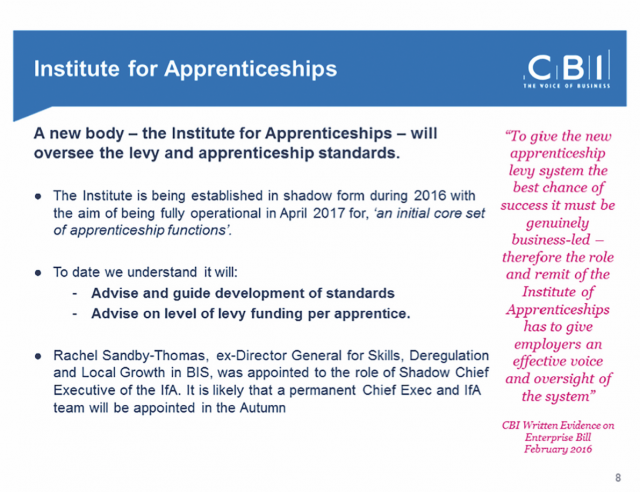Skills Minister Nick Boles (pictured) has accepted there are no immediate solutions to “difficulties” that the apprenticeship levy will pose for charities.
Charity Finance Group (CFG) representatives warned Mr Boles during a recent meeting the levy would incentivise charities to employ apprentices in place of volunteers, which risked “perversely reducing productivity”, according to CFG minutes.
They also called on the government to allow volunteer training to be funded by the levy, which is due to be implemented from April 2017.
Mr Boles “accepted that there were difficulties around volunteering but could not immediately offer a solution to this challenge”, according to the minutes.
The Skills Minister’s comment came after the CFG’s call, last December, for the government to include charity representation on the new Institute for Apprenticeships (IfA).
The issue of volunteers is “an example of the unique business model that charities operate under”, said Anjelica Finnegan, CFG’s senior policy and public affairs officer.
“It is difficult to shoe-horn charities into policies at this late stage,” she continued.
Charity representation on the IfA would ensure “the issue of how volunteers fit into this policy are heard at the top”, Ms Finnegan said, “rather than being an afterthought”.
While the CFG was pleased Mr Boles met with the group, “we did feel that the minister didn’t fully appreciate the extent of the challenges many charities are facing at the moment,” Ms Finnegan said.
Other issues raised at the meeting included the lack of a sector skills council to oversee skills and training for charities, and the expectation that charities should be spending as much of their income as possible on their charitable activities, not paying for training.
Mr Boles “accepted that there is a lack of skills capacity in the sector”, according to the minutes, and expressed interest in a proposal for seed funding to invest in “sector-wide skills development infrastructure”.
Such infrastructure was necessary, Ms Finnegan said, as “without oversight of skills charities are not only left in the dark in terms of identifying need, but it also restricts providers’ ability to respond to skills gaps and develop relevant training courses on which charities can spend the levy”.
The unresolved difficulties for the charity sector are the latest of a number of potential issues to arise with the levy plans.
Other unanswered questions include how smaller, non-levy paying businesses will access funding for apprenticeships once the levy has been launched.
It is also unclear what will happen to existing levies, such as the one run by the Construction Industry Training Board (CITB).
FE Week reported on March 11 that Skills Funding Agency director Keith Smith had moved temporarily to the Department for Business, Innovation and Skills (BIS) to lead efforts to iron out such issues, as director of levy implementation.
When asked to comment on Mr Boles’ CFG meeting and the minutes to their discussions, a BIS spokesperson said: “We need to make sure the levy is right for all employers.
“This is why we are engaging with as many employers as possible to understand how the levy will work for their organisation and giving them the opportunity to work with us on the implementation design.”



